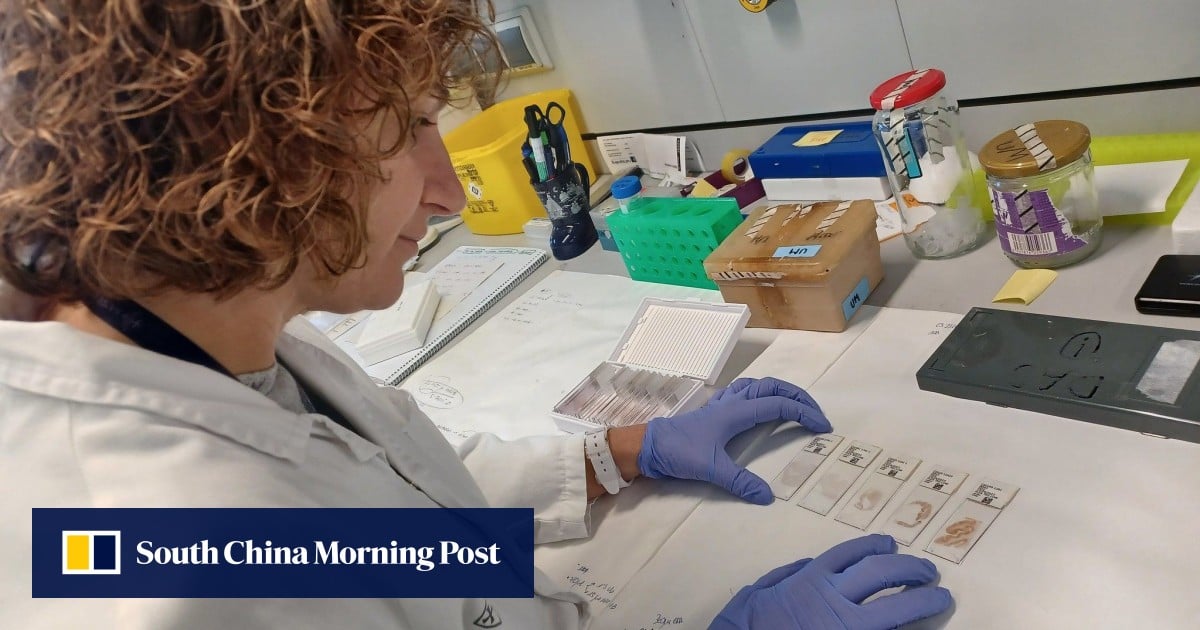Time: 2024-07-09
A recent study conducted by researchers at Mass General Brigham revealed that individuals with higher amounts of amyloid in their brains were more likely to have mothers with symptoms of Alzheimer 's disease . The study focused on 4,400 adults aged between 65 and 85 who did not show any signs of cognitive decline but had amyloid show up in brain - imaging scans . Amyloid is a protein that builds up in the brain and forms plaques that affect cognitive function , which is a hallmark of Alzheimer 's disease . The findings , published in JAMA Neurology , highlighted the significant impact of maternal history of dementia on the risk of offspring developing brain amyloid - beta protein accumulation.
The study 's senior corresponding author , Hyun - Sik Yang , M.D. , a neurologist at Mass General Brigham , emphasized the asymmetry in the impact of maternal versus paternal history of dementia on the risk of offspring 's brain amyloid - beta protein accumulation . The researchers found that maternal history of dementia increased the children 's risk of having preclinical Alzheimer 's disease , while paternal history had a lesser impact . These results raised intriguing questions about Alzheimer 's disease genetics and how the risk is inherited.

Another study conducted in Spain identified a particular gene , APOE4 , which when present in two copies , led individuals to develop the underlying abnormalities of Alzheimer 's in their mid-50s . The study revealed a newly defined genetic form of Alzheimer 's disease , shedding light on the significant impact of genetic variants on the development of the disease . Carrying two APOE4 genes virtually guarantees the development of Alzheimer 's disease later in life , with individuals developing the biological signs of the disease , such as amyloid plaques and tau , in their 70s or 80s.
Dr. Juan Fortea , the lead author of the study , emphasized that while carrying two APOE4 genes may lead to the development of Alzheimer 's pathology , it does not necessarily mean individuals will experience cognitive decline . Genetic testing , similar to the BRCA gene testing for breast cancer risk , could play a crucial role in assessing the risk of developing Alzheimer 's disease . Early risk awareness and proactive health management strategies can help individuals mitigate the overall risk profile , potentially avoiding the onset of dementia symptoms.
The findings from these studies underscore the importance of understanding the genetic factors that influence the development of Alzheimer 's disease . While maternal history of dementia and the presence of specific genes like APOE4 can increase the risk of Alzheimer 's pathology , lifestyle and environmental factors also play a significant role in dementia risk . Preventive programs targeting lifestyle - related factors may benefit individuals with varying genetic susceptibilities to dementia , highlighting the importance of early risk awareness and proactive health management strategies.
As research continues to unravel the complexities of Alzheimer 's disease , genetic testing and personalized treatment approaches could pave the way for more effective interventions . By understanding the interplay between genetics and lifestyle factors , individuals can take proactive steps to reduce their risk of developing Alzheimer 's disease and potentially delay or prevent cognitive decline associated with the condition . The future of Alzheimer 's research holds promise for innovative strategies that focus on personalized care and tailored interventions based on individual genetic profiles and environmental influences.